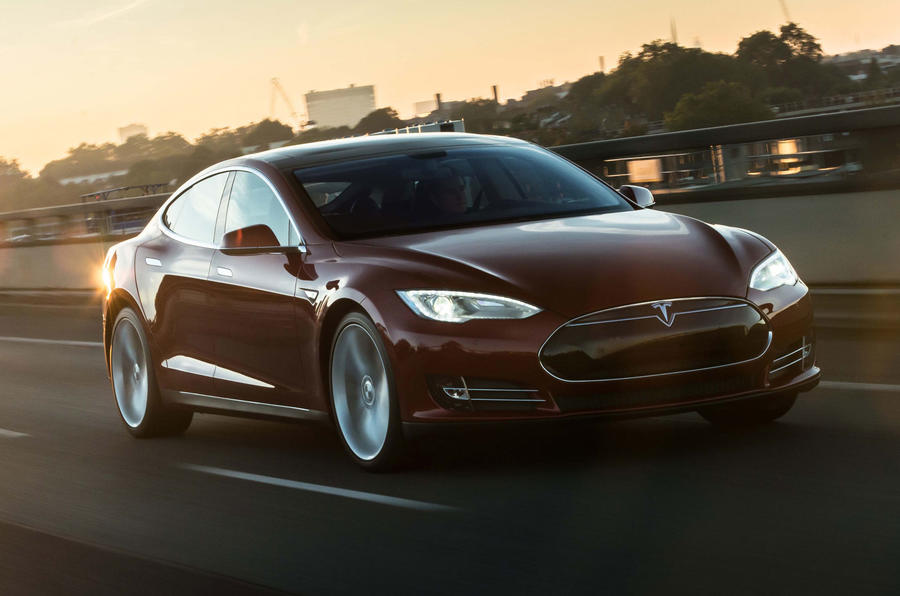Tesla has released new details of its gigafactory manufacturing plant in the US, saying the site will represent a "fundamental change" the way batteries are produced for electric vehicles.
Due to open in 2017, the gigafactory will supply battery packs and components for Tesla's growing range of electric vehicles, including the upcoming Model X SUV as well as the firm's BMW 3-series rival. That car has now been confirmed as being called Model 3, rather than the previously suggested Model E.
One of the aims for Tesla's new factory is to drive down the costs of producing long-range battery packs for cars, helping manufacturers to introduce more electric vehicles into the market. Such cost reductions will be produced through economies of scale, with reports suggesting the overall cost of producing battery packs could be cut by 30 per cent.
JB Straubel, Tesla's technical boss and co-founder, said the gigafactory will represent: "a fundamental change in the way large-scale battery production can be realised."
Tesla has said that by the end of the decade, the gigafactory will produce 35GWh of battery cells alongside 50GWh of battery packs. By the same date, Tesla wants to be producing around 500,000 vehicles per year.
The gigafactory will employ about 6500 people when the site reaches full capacity in 2020. Tesla hasn't confirmed the precise location of its factory, but has narrowed the choice down to five potential sites in Texas, Arizona, New Mexico and Nevada. Those states have plentiful space for the facility, as well as the requisite climate to allow Tesla to harness wind and solar energy to power the gigafactory.
The completed battery packs will be transported to Tesla's production facility in Fremont, California, for vehicle assembly.
Tesla has signed a deal with Panasonic to share space inside the factory, with Panasonic operating on the site alongside other Tesla suppliers. Tesla will shoulder the costs of preparing and managing the land the gigafactory will be built on, and will directly invest around £1.1bn into the build. The rest of the cost, estimated to be a further £1.7bn, will be shared among Tesla's partners.
As well as directly supplying Tesla's own vehicles, it's likely the firm will also sell battery packs to other electric vehicle manufacturers.
Get the latest car news, reviews and galleries from Autocar direct to your inbox every week. Enter your email address below:





Join the debate
Add your comment
Thanks for clarifying
All I'm saying is that VW needs to lead in areas other than sales. In a year, two or so, VW is set to become the world's leading car seller. A hollow win unless VW shows leadership in technology. Forget Toyota, BMW, Mercedes, even Kia, Hyundai are ahead of VW in developing alternative-fuelled vehicles.
re-read pls
You having a laugh?
It was Mercedes that introduced diesel engines in family cars. I can't think of many innovations that Volkswagen can be truly credited with other than honing other car makers' bits and pieces.
I don't know what impression you're under but Volkswagen doesn't make the cleanest diesel cars either. BMW is another European car maker heavily dependent on diesel technology yet its electric car programme is quarter of a century ahead of the Volkswagen and subsidiaries. Market leadership needs to be more than in terms of sales figures alone.